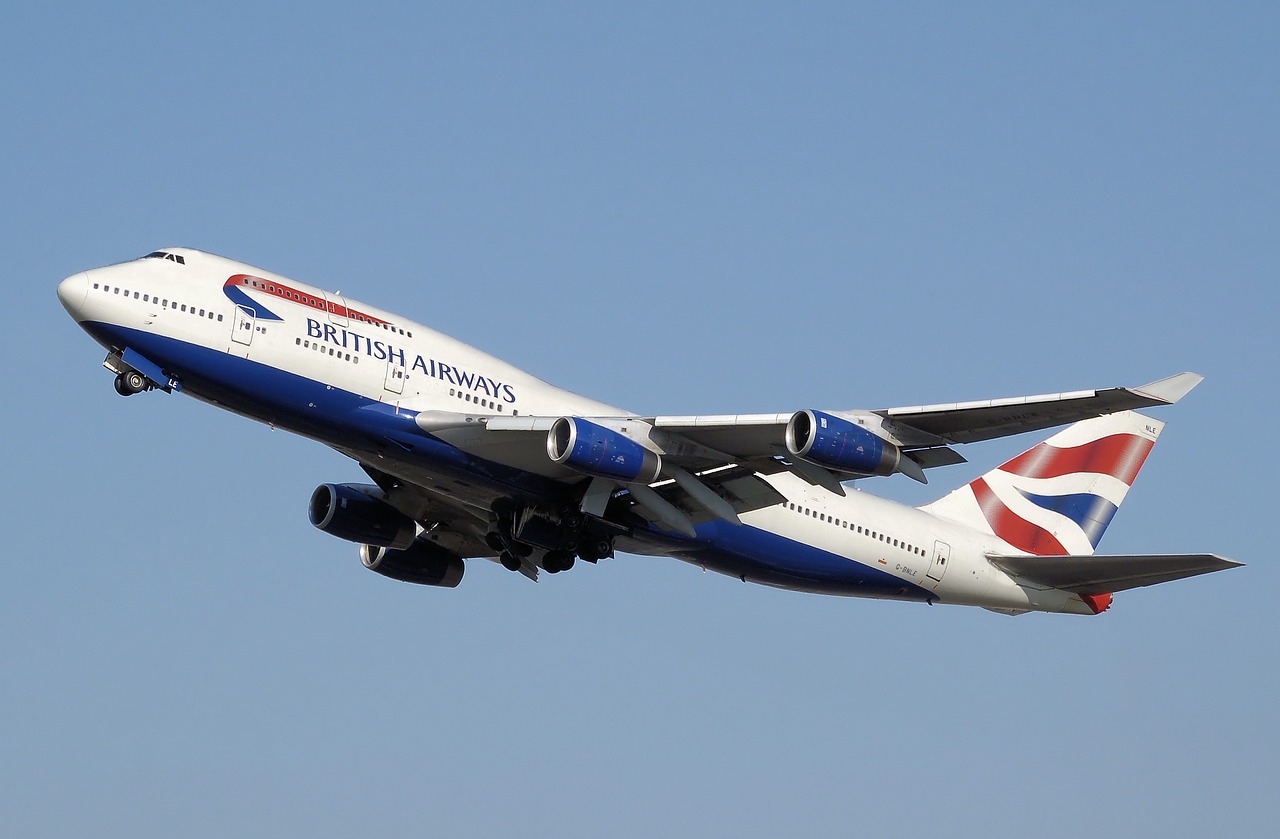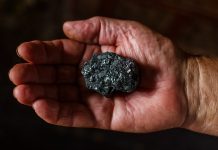
The UK aviation industry has vowed to reduce its net carbon emissions to zero by 2050, according to the industry group Sustainable Aviation.
Sustainable Aviation stated that the UK aviation industry plans to cut its net carbon emissions to zero by 2050 through various initiatives, including cleaner engines, new fuels and planting trees.
The industry group emphasized that the objective would mean airlines can reduce pollution even as the number of passengers is expected to increase by 70%.
However, campaigners argue that the only way to cut airline pollution is by reducing air travel and canceling the construction of new airports and runways.
Muna Suleiman from Friends of the Earth said: "We need to restrict flying. We can't have airport expansion at the same time." She claimed that travel via trains and buses are greener alternatives and that frequent fliers should be taxed.
Suleiman added that the biofuels, which Sustainable Aviation mention will be part of the industry's plan, still pollute. She said: "The crisis is here and now."
The aviation industry has been facing immense pressure to create a plan to reduce emissions as it has no commercial equivalent to an electric car yet. It is noted that while other forms of transport produce more carbon, individual journeys on planes produce large amounts of CO2.
Sustainable Aviation claims that the UK aviation industry can reduce its emissions of CO2 from 30 million ton a year to zero, without restricting growth.
US company Wright Electric announced last week that it has started the development of an electric engine for a 186-seater plane and hopes to begin test flights in 2023. Meanwhile, British Airways is investing in a project to create fuel from trash.
Alex Cruz, chief executive of British Airways, said: "We are going to have to do this through many projects. Biofuels will give us a greener alternative and we are attracted by that."
However, Cruz admits that they will still produce carbon dioxide and are currently expensive. He pointed out: "We do believe we will reach a point where the price will be compatible with the rest of fuel prices."






